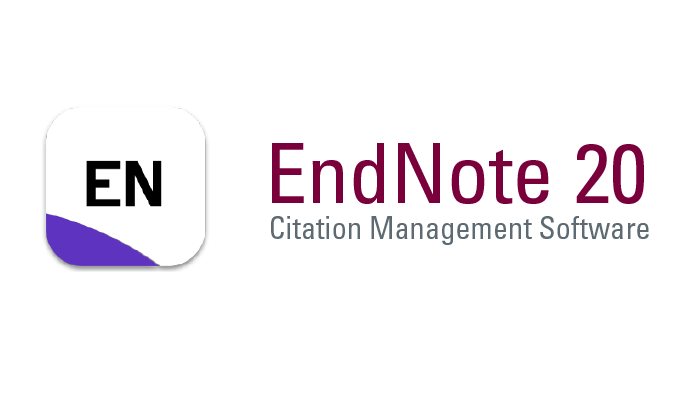PEMBATALAN WAKAF DALAM TINJAUAN HUKUM ISLAM
DOI:
https://doi.org/10.47887/amd.v3i1.107Keywords:
WaqfAbstract
Waqf is an Islamic institution that is social in nature, has religious value and serves as a service to Allah SWT. In its function as worship, waqf is expected to be a provision for life in the afterlife. Whereas in its social function as worship, waqf is a very valuable asset in development. Because waqf is worship, its main purpose is devotion to Allah SWT and sincerity for seeking His pleasure.
Waqf can be canceled due to the following: a. A blocking event occurred. b. If there is an increase in the waqf property, then the waqf for the excess price, c. Endowment for immoral interests, such as gambling places, prostitution, building churches, buying weapons to kill. d.Waqf to fight fellow Muslim. e. Waqf of infidels for the benefit of Muslims.
Meanwhile, the provisions in the review of Islamic law mention the immediate cancellation of waqf. The term and pillars set. If the pillars and conditions are violated by any party, the waqf will automatically be cancelled.
References
Abdul Ghofur Anshori, Hukum dan Praktik Perwakafan di Indonesia, Yogyakarta: Pilar Media, 2006
Abdul Halim, Hukum Perwakafan Di Indonesia, Ciputat: Ciputat Press, 2005.
Abdul Manan, Hukum Perdata Islam di Indonesia, Jakarta: Prenada Media Group, 2006.
Ahmad Rofiq, Hukum Islam di Indonesia, Cet.III, Jakarta: Raja Grafindo Persada,1999.
Ali Ibn Muhammad Al-Jurjani, Kitab Al-Ta’Rifat, Beirut: Dar al-Kutub al-Ilmiyyah, 2000.
Departemen Agama Republik Indonesia, Fiqih Wakaf, Jakarta: Direktorat Pemberdayaan Wakaf Direktorat Jenderal Bimbingan Masyarakat Islam Departemen Agama Republik Indonesia, 2007.
Departemen Agama Republik Indonesia, Paradigma Baru Wakaf di Indonesia, Jakarta: Direktorat Pengembangan Zakat dan Wakaf, Dirjen Bimas Islam dan Penyelenggaraan Haji, 2005.
Farid Wajdy dan Mursid, Wakaf dan Kesejahteraan Umat, Yogyakarta: Pustaka Pelajar, 2007.
M.Syarif Sukandi, Terjemahan Bulughul Maram, Bandung: Al-Maarif 2000.
Muhammad Abid Abdullah Al-Kabisi, Hukum Wakaf: Kajian Kontemporer Pertama dan Terlengkap Tentang Fungsi dan Pengelolaan Wakaf serta Penyelesaiannya atas Sengketa Wakaf, Jakarta: Liman Press, 2004.
Muhammad Daud Ali, Sistem Ekonomi Islam Zakat dan Wakaf, Jakarta: UI Press, 1998.
Suparman Usman, Hukum Perwakafan di Indonesia, Jakarta: Darul Ulum Press, 1999.
Tim, Alqur’andanTerjemahan, Surabaya: Halim, 2014.
Tuti A.Najib dan Ridwan al-Makassary, Wakaf ,Tuhan, dan Agenda Kemanusiaan, Jakarta: CSRC, 2006.
Undang-undang RI nomor 1 Tahun 1974 tentangPerkawinandanKompilasiHukum Islam serta PERPU tahun 2009 tentangpenyelenggaraanIbadah Haji, Surabaya: KesindoUtama, 2010.
Downloads
Published
How to Cite
Issue
Section
License
Copyright (c) 2022 Cut Janiati

This work is licensed under a Creative Commons Attribution-ShareAlike 4.0 International License.
Authors retain copyright and grant the journal right of first publication and this work is licensed under a Creative Commons Attribution-ShareAlike 4.0 that allows others to share the work with an acknowledgement of the works authorship and initial publication in this journal.
All articles in this journal may be disseminated by listing valid sources and the title of the article should not be omitted. The content of the article is liable to the author.
Authors are able to enter into separate, additional contractual arrangements for the non-exclusive distribution of the journal's published version of the work (e.g., post it to an institutional repository or publish it in a book), with an acknowledgment of its initial publication in this journal.
Authors are permitted and encouraged to post their work online (e.g., in institutional repositories or on their website) prior to and during the submission process, as it can lead to productive exchanges, as well as earlier and greater citation of published work.
In the dissemination of articles by the author must declare the Al-Madaris Jurnal Pendidikan dan Studi Keislaman as the first party to publish the article.














